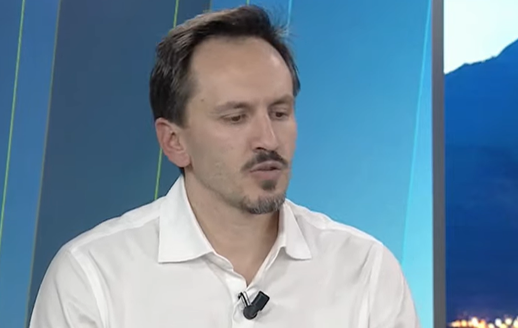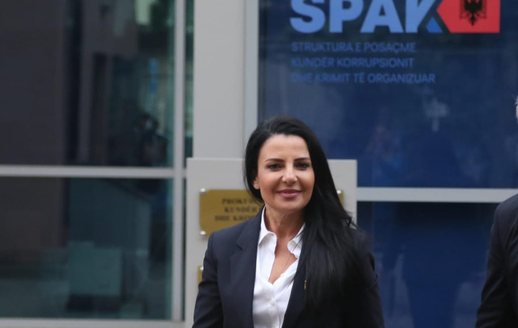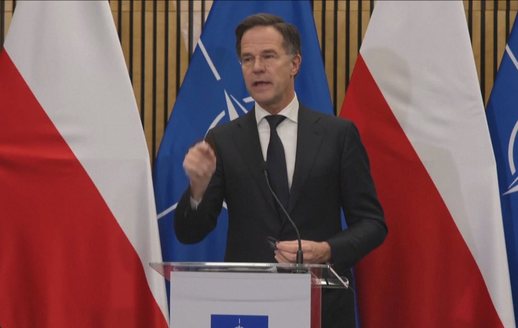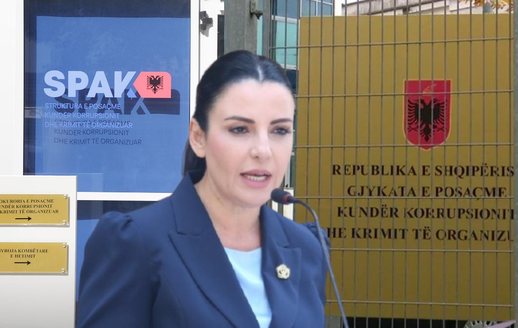
VOA: Albania has the highest bribery rates in the Western Balkans! How are other countries in the region ranked?

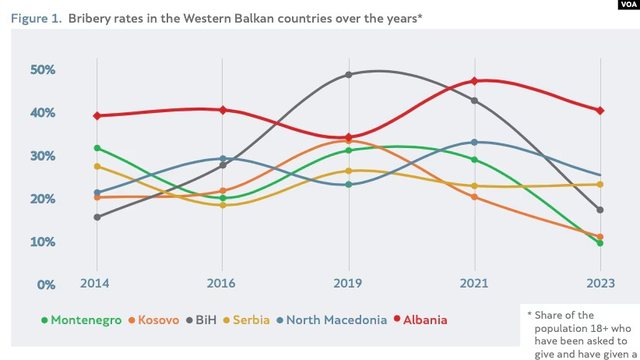
The SELDI coalition, which monitors corruption and governance in Southeast Europe, points out in its latest report that anti-corruption reforms in Western Balkan countries have not achieved any substantial improvement. According to the report published today in Tirana, Albania has the highest rates of bribery, the highest pressure of officials to accept bribes and the highest victimization of citizens from corruption.
In the latest report of the SELDI coalition on corruption in the countries of the Western Balkans, it is also stated that there is a stagnation (stagnation) in anti-corruption reforms.
Albania holds the first place in the region for the highest bribery rates (40 percent), followed by North Macedonia, Serbia, Bosnia-Herzegovina, and finally Kosovo and Montenegro with the lowest bribery rates (10 percent).

In Albania, according to the report, there is the greatest pressure from officials on citizens to give bribes (52 percent), followed by North Macedonia (31 percent), Serbia (26 percent), Bosnia and Herzegovina (24 percent) and finally Montenegro (11 percent) and Kosovo (7 percent).
In 2023/2024, Albania is the most affected by the victimization of corruption; 80% of its population is inclined to accept or offer bribes, while the citizens of Montenegro are less vulnerable, where only 48% are susceptible to corruption, the report states.
The optimism of the citizens of Albania towards anti-corruption policies has decreased to 20 percent (-6 percent less than the previous measurement), while in almost all other countries there has been an increase in the belief that corruption will decrease.

The expert of the Center for the Study of Democracy, Daniela Mineva, member of the coalition with 17 organizations from 14 countries of South-Eastern Europe, tells VOA that new institutions are established and new laws are adopted, but they are not implemented in practice.
She added that the EU's IPA project foresees 619 million euros for improvements to the rule of law in this region, but there is still no punishment for high-level officials involved in corruption.
"The survey carried out in the countries of the Western Balkans shows that currently involvement in corruption varies between 10% in Montenegro and Albania with 40%. In Albania, 80 percent of people claimed that they would give or accept a bribe if they needed to do so. This is very disturbing and knocks people's optimism that the government can do something about the anti-corruption promises. We advise to accept the capture of the state in public bodies and that international partners and civil society work to ensure checks and balances of power", said Ms. Mineva.
In the evaluation of the level of corruption in the countries of the Western Balkans by the SELDI Corruption Monitoring System, it turned out that anti-corruption policies in the region do not tend to produce a lasting effect, while public institutions and political parties are joining state capture networks that kidnap government decision-making.
Despite the reforms undertaken for integration in the EU, citizens still consider corruption as one of the main problems of the Western Balkans, which includes the non-separation of powers, the lack of justice results, political interventions and the weak integrity of the public sector, the report states.
The SELDI coalition and the Center for Economic Research ACER organized today a regional forum on anti-corruption and state capture.
The head of the EU Delegation in Albania, Ambassador Silvio Gonzato, said that measures against corruption should be visible in terms of prevention, criminal prosecution and punishment, because corruption brings crime and inequality, damages the business climate, and drives people away from the country. young people who have lost faith that the authorities will succeed in this phenomenon.
" While the countries of the Western Balkans are continuing their work towards EU membership, both the persistence and the perception of corruption remain higher than the EU average, therefore we must focus on integrating all anti-corruption efforts into all chapters of negotiations, starting from the sectors with the highest risk, and that the results of this fight are visible and this is an important requirement to move forward with EU membership", said Ambassador Gonzato.
The Assembly has recently created a special commission for deepening reforms in good governance, anti-corruption and the rule of law, which is seen as one more opportunity to fight corruption. Despite the skepticism of the opposition, the majority expresses confidence that the new measures will affect these efforts.
The EU's new Growth Plan for the Western Balkans is aiming to strengthen and accelerate anti-corruption efforts, offering up to €6 billion in loans and grants in exchange for the implementation of key reforms in these countries. This is considered a new European support for the anti-corruption measures of the Western Balkans, whose countries aspire to integrate into the EU./ VOA
Happening now...

83 mandates are not immunity for Rama's friends
ideas

"Preliminary sentence for Belinda Balluku", response to Baton Haxhiu

Teatri që fsheh prapaskenën

Berisha's red line and the black line of democracy in the DP
top
Alfa recipes
TRENDING 
services
- POLICE129
- STREET POLICE126
- AMBULANCE112
- FIREFIGHTER128




